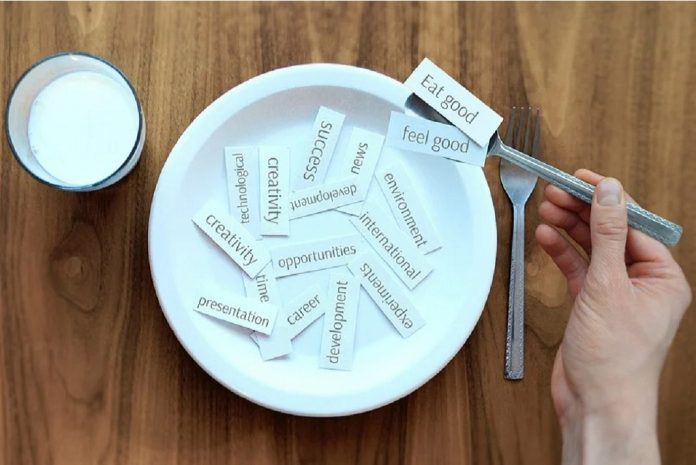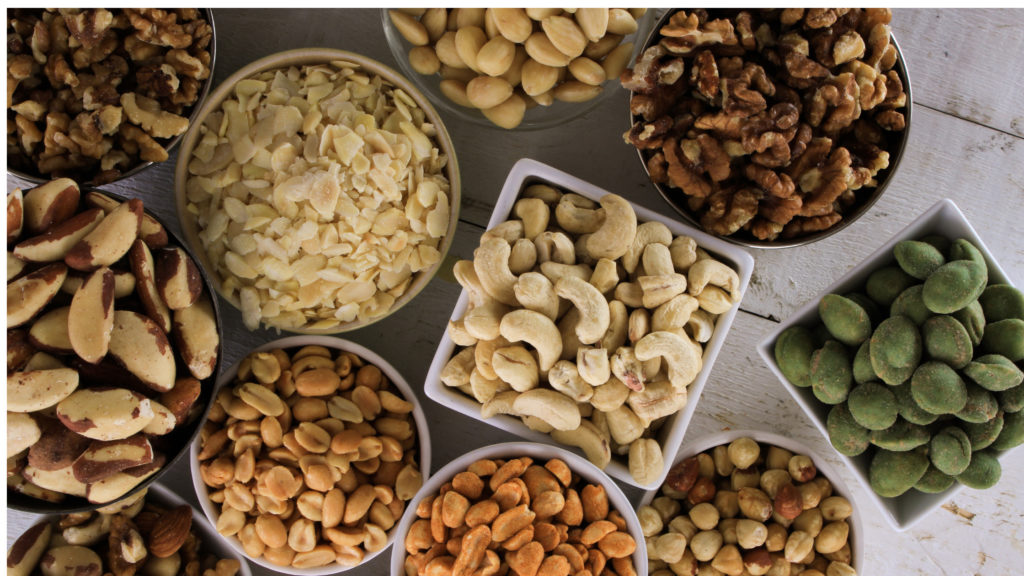by Sonja Lynch, Dietitian
Often you can become so busy with your work that lunchtime passes you by. This inevitably leads to the dreaded 4pm slump and you crave quick energy rich foods. Don’t wait until you’re too hungry to eat. Be sure to include healthy snacks during your day to keep your energy levels up. Include a mid-morning and late afternoon snack as part of your workday. Avoid snacks high in fat, sugar and salt. Try to include homemade meals and snacks as much as you can, it will likely be healthier than the food you will buy in deli counters or cafes.
Try to include all the main foods groups at lunch:
Whole grain carbohydrates will keep you feeling fuller for longer and provide fibre to keep your digestive system working at its best. Carbohydrates are our bodies favourite fuel so definitely one not to be skipped. Vary the types of bread you choose – try including brown or wholegrain bread, bagels, wraps, pitta pockets Keep a stock in the freezer so you don’t run out. Pasta, rice or a baked potato are great choices too.
Don’t forget protein rich foods. These foods have great satiety value – keeping you feeling full and are important in helping your bodies growth & repair. Great options are lean slices of chicken, ham, beef, tinned fish, eggs, cheese, falafel, beans.
Half your lunch should be vegetables – veggies are hydrating because they have a very high water content, and they supply cholesterol-helping fibre, as well as plenty of vitamins and minerals. Include at least 2 vegetables – more is better. Add salad vegetables like tomatoes, cucumber or peppers to your sandwich or vegetable soup on the side.
Heart healthy fats also help to keep you fuller for longer. These fats include avocado, olive oil, nuts, and olives. Because healthy fats tend to be higher in calories, you should eat these in moderation, a teaspoon of oil in salad dressing, a quarter of an avocado on a piece of toast, or a few olives or nuts in a salad will do the trick.
Try a variety of spreads – mustard, hummus, salsa or low-fat mayonnaise
Leftovers are your friend
Food can be kept in the fridge for up to three days after it’s cooked. Curries, bolognese, stews and casseroles all taste great the next day.
- Leftover chilli goes great on a baked potato
- Use leftover meat, fish or eggs in sandwiches or salads
- Leftover pasta makes a great base for a salad.
Consider where and how you eat.
Try to eat away from your desk without distractions of emails and phones calls. Consider going for a short walk after eating. Eat slowly and mindfully without feeling like you need to rush back to work. You’ll be more productive after a break & food fuel.
Snacks
Some chocolate or sweet foods can be fine occasionally, but they won’t keep you feeling full enough until dinner time. Snacks should be like mini meals and include nutritious foods rich in protein & carbohydrates or healthy fats to fuel your brain & body. Some examples include:
- Handful of nuts & piece of fruit
- Small bag of popcorn & yoghurt
- Cheese & crackers & fruit
- Hummus & veg
Are you drinking enough?
You should aim to drink 6-8 cups of fluid each day. Avoid sugary drinks. Fill a large reusable water bottle with fresh water that can be refilled. Limit intake of coffee and energy drinks. Include no more than 3 cups of regular coffee or black tea per day. Choose decaffeinated drinks if you’d like more than these amounts. Herbal teas can be a good choice too.
Be organised.
Try to plan your weekly lunches as you might your dinners. Have suitable containers that don’t leak & are microwaveable. If you’re on the road a lot invest in a good insulated flask for soups or leftovers. Keep long-life snacks in your desk or car e.g. nuts, dried fruit, crackers or rice cakes & peanut butter, low sugar cereal bars. No one can have a perfect diet all of the time but with some preparation & planning you can avoid getting over hungry and eating mindlessly.
About the author
Sonja is a highly experienced dietitian, with a passion for her work. She graduated from Trinity College with a BSc. (Hons) (Human Nutrition and Dietetics) in 2007. She is trained in the low FODMAP diet and has completed level 2 behaviour change training. Having worked for over 13 years as a Community Dietitian in the HSE














































